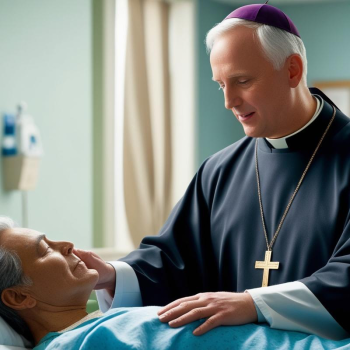If you are in the hospital and are Roman Catholic, please ensure you or a family member contacts Nancy in the Church Office at 403– 652-2203. This will ensure that you will be visited by the Priest or Pastoral Care Team.


If you have any yarn you are not using, our parishioner Shirley is looking for donations so she can knit more toques for Kids in Ukraine and Christmas Child Shoebox. Yarn donations can be dropped off at the church for Shirley to pick up. If you have any questions, please call the church office for more information—403-652-2203

Not sure what to do with your stack of greeting cards? Did you know the Diocesan Mission Council collects used and unused greeting cards for donations for their card-making program, which supports overseas missions and collects used stamps?
All donations can be dropped off at SFDS in the basket in the church hall. If you have any questions, please call Nancy in the office 403-652-2203, or email at francisdesaleshighriver.com